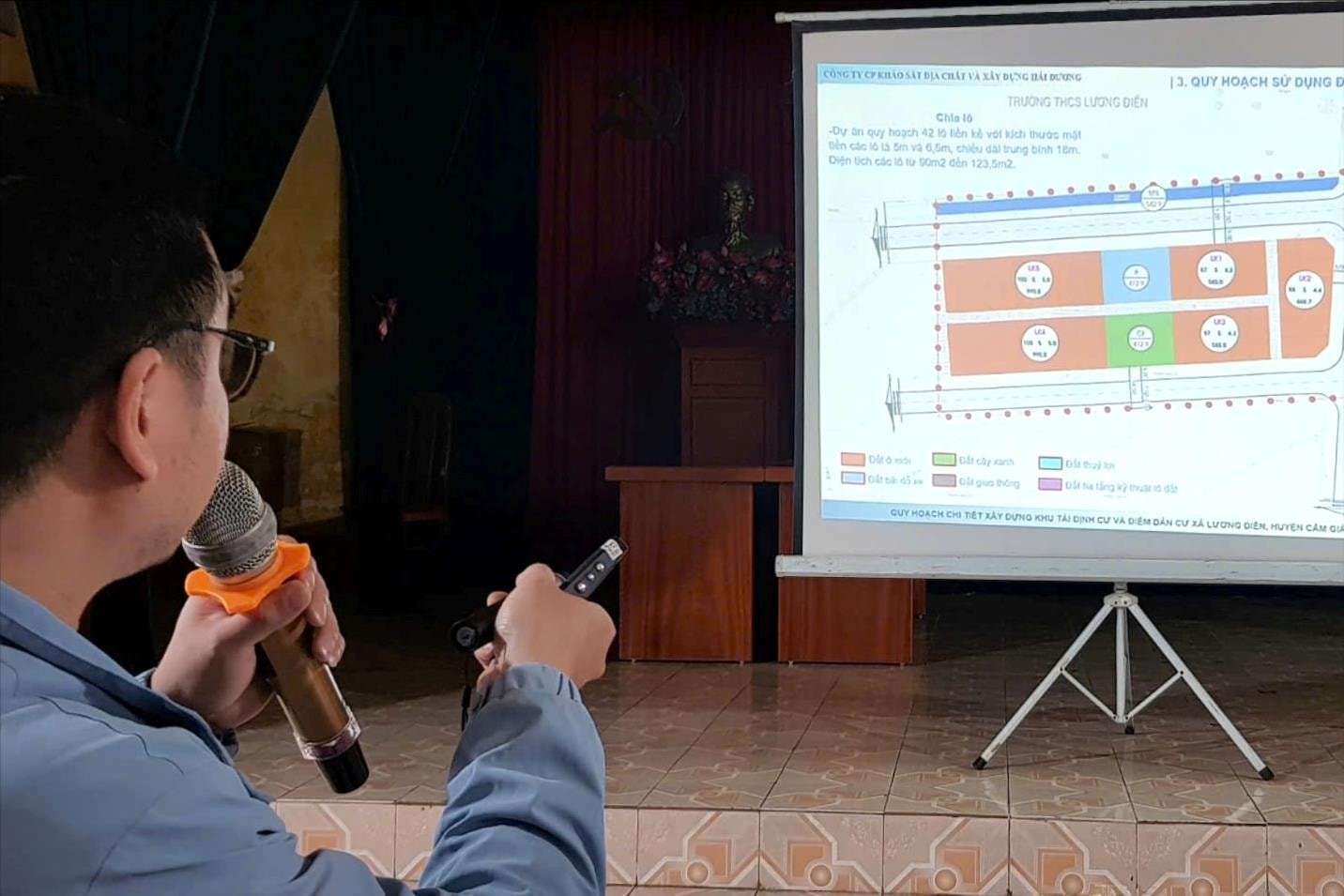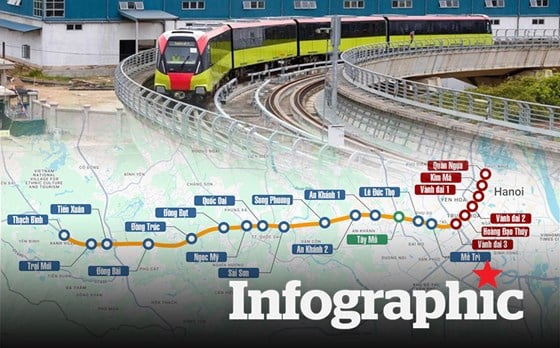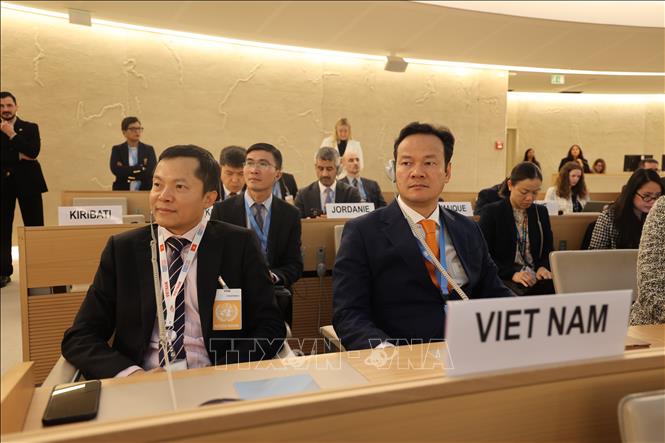On the morning of April 22, continuing the 32nd session, the National Assembly Standing Committee (NASC) gave opinions on the draft Law on Urban and Rural Planning.

According to the draft law submitted by Minister of Construction Nguyen Thanh Nghi, the law on urban planning, construction planning and rural planning is currently regulated in two main laws, the 2009 Urban Planning Law and the 2014 Construction Law (amended and supplemented by Law No. 35/2018/QH14 and Law No. 62/2020/QH14) and documents detailing the implementation of the law. In addition, there are many other related laws in the legal system, causing difficulties in application and enforcement. The relationship between urban planning, construction planning (now proposed as urban and rural planning) and plans in the planning system under the provisions of the 2017 Planning Law is also not clearly defined.

“After 14 years of implementing the Law on Urban Planning, 9 years of implementing the Law on Construction, along with new requirements of development practices, it is now necessary to study, amend, supplement and perfect the law,” Mr. Nguyen Thanh Nghi emphasized.
Through preliminary examination, Chairman of the Economic Committee Vu Hong Thanh emphasized many requirements for law-making, including the need to resolutely eliminate the mindset of tenure, the "ask-give" mechanism, and "group interests" in the construction, adjustment, and supplementation of planning, leading to the situation of "suspended" projects and slow implementation in practice.
In that direction, Mr. Vu Hong Thanh noted that the draft law needs to continue to improve the regulations on handling conflicts and overlaps between plans in a way that is consistent with the provisions of Article 6 of the 2017 Law on Planning, based on the planning level instead of the authority and time of planning approval. At the same time, in case of conflicts, it is necessary to review and adjust related plans to have a basis for implementation in accordance with the provisions of specialized laws and ensure the overall nature as well as the position, role, scientific nature and internal consistency of each type of planning.

Referring to the compatibility with the 2024 Land Law, Chairman of the Economic Committee Vu Hong Thanh analyzed that according to the 2024 Land Law, provinces and centrally run cities; districts, cities, and towns under centrally run cities/provinces; cities and towns under provinces with urban planning do not have to make land use plans but must make land use plans. Therefore, if the periods of these plans are not consistent, it will lead to difficulties in making land use plans at the provincial and district levels.
MR. PHUONG
Source









































![[Photo] Prime Minister Pham Minh Chinh chairs Government Conference with localities on economic growth](https://vstatic.vietnam.vn/vietnam/resource/IMAGE/2025/2/21/f34583484f2643a2a2b72168a0d64baa)

























































Comment (0)